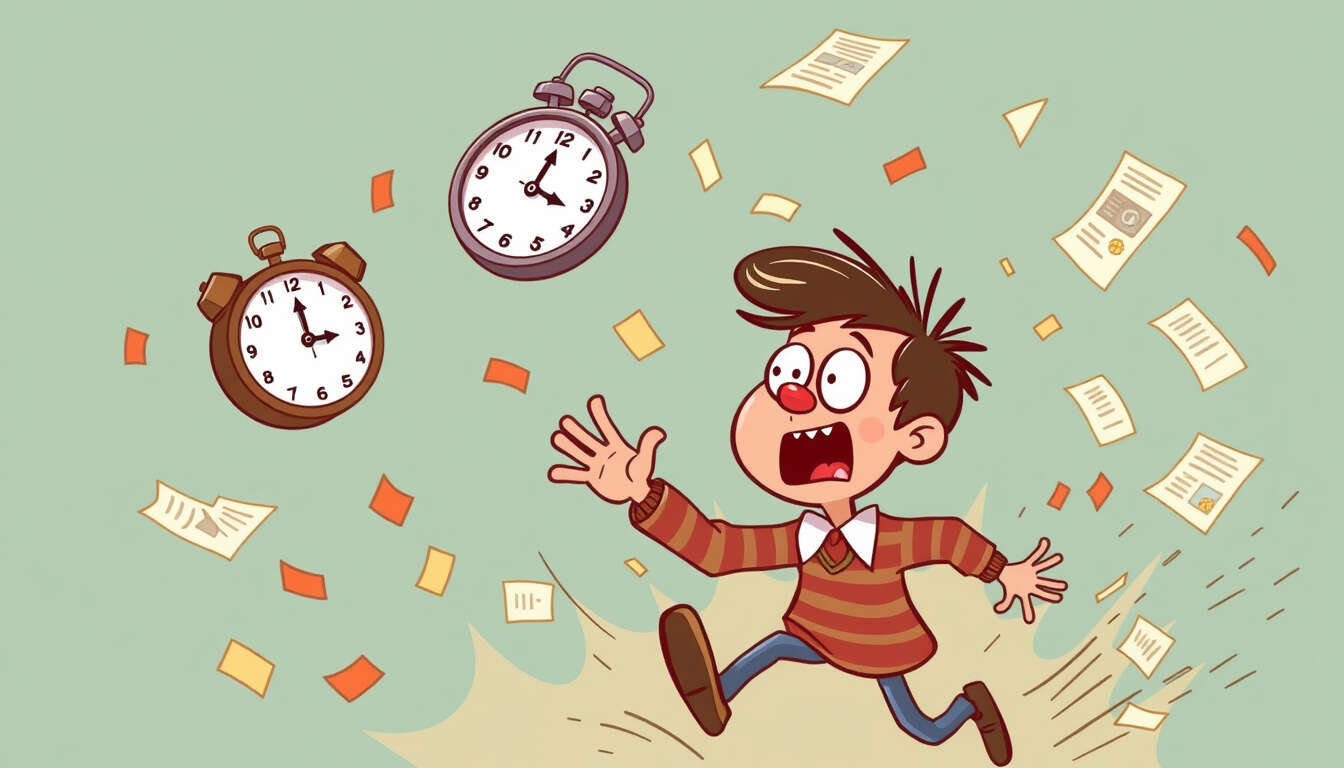Strategies for Handling Procrastination in ADHD
 by Lilian Nienow
by Lilian Nienow
Discover helpful techniques to tackle procrastination linked to ADHD. This piece provides empathetic guidance on building routines, using tools, and finding motivation to enhance daily productivity and reduce overwhelm.

Living with ADHD can make staying on task feel challenging, especially when procrastination takes hold. Many people with ADHD face moments where starting or finishing tasks seems tough, but there are ways to address this. By focusing on simple, effective approaches, you can build confidence and make progress.
First, consider the role of routines. Establishing a daily schedule helps create structure without pressure. For instance, setting specific times for activities can reduce the mental effort needed to decide what to do next. This method works well because it turns overwhelming tasks into predictable steps.
Another approach involves breaking down projects into smaller parts. When a task feels too big, it often leads to delay. By dividing it into manageable pieces, you make it easier to begin. For example, if writing a report is the goal, start with just outlining the main points.
Tools like timers can also be useful. Using a simple timer to work for short bursts, such as 15 minutes, followed by a break, keeps energy levels steady. This technique allows for rest while maintaining momentum, making it ideal for those who thrive on variety.
Rewards play a key part in staying motivated. After completing a step, give yourself something enjoyable, like a favorite snack or a walk. This positive reinforcement builds habits over time and makes the process more appealing.
Mindfulness practices offer additional support. Taking a few minutes to breathe deeply or reflect can clear the mind and reduce distractions. It's about creating space to refocus without judgment.
In practice, combining these strategies can lead to lasting change. For example, you might use a timer with rewards to handle household chores. Over time, this builds a sense of accomplishment.
Remember, setbacks are normal, and being kind to yourself is essential. Everyone progresses at their own pace, and with consistent effort, you can overcome barriers.
To summarize, incorporating routines, breaking tasks, using timers, offering rewards, and practicing mindfulness forms a solid foundation. These methods empower you to manage procrastination and lead a more productive life.
